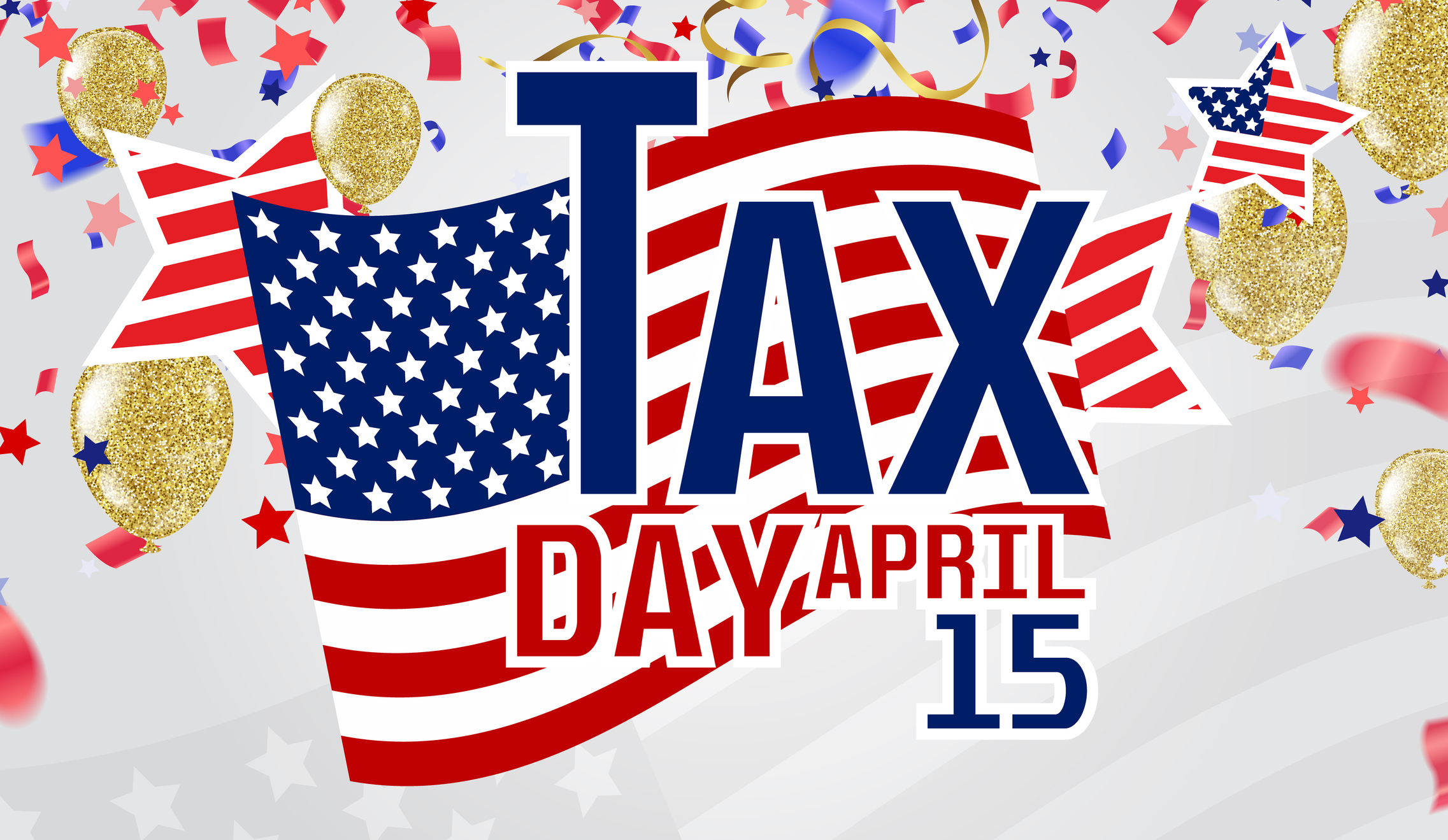ABLE Accounts Give Disabled More Financial Freedom
People with disabilities, and their families, can save for a variety of expenses in these tax-advantaged accounts.


Profit and prosper with the best of Kiplinger's advice on investing, taxes, retirement, personal finance and much more. Delivered daily. Enter your email in the box and click Sign Me Up.
You are now subscribed
Your newsletter sign-up was successful
Want to add more newsletters?

Delivered daily
Kiplinger Today
Profit and prosper with the best of Kiplinger's advice on investing, taxes, retirement, personal finance and much more delivered daily. Smart money moves start here.

Sent five days a week
Kiplinger A Step Ahead
Get practical help to make better financial decisions in your everyday life, from spending to savings on top deals.

Delivered daily
Kiplinger Closing Bell
Get today's biggest financial and investing headlines delivered to your inbox every day the U.S. stock market is open.

Sent twice a week
Kiplinger Adviser Intel
Financial pros across the country share best practices and fresh tactics to preserve and grow your wealth.

Delivered weekly
Kiplinger Tax Tips
Trim your federal and state tax bills with practical tax-planning and tax-cutting strategies.

Sent twice a week
Kiplinger Retirement Tips
Your twice-a-week guide to planning and enjoying a financially secure and richly rewarding retirement

Sent bimonthly.
Kiplinger Adviser Angle
Insights for advisers, wealth managers and other financial professionals.

Sent twice a week
Kiplinger Investing Weekly
Your twice-a-week roundup of promising stocks, funds, companies and industries you should consider, ones you should avoid, and why.

Sent weekly for six weeks
Kiplinger Invest for Retirement
Your step-by-step six-part series on how to invest for retirement, from devising a successful strategy to exactly which investments to choose.
In 2014, federal legislation paved the way for states to offer ABLE accounts—tax-advantaged plans that allow individuals with disabilities to save for ongoing expenses without threatening their eligibility for crucial government support, such as Supplemental Security Income or Social Security Disability Insurance. Previously, people with disabilities had to have less than $2,000 in total assets to maintain their eligibility for such programs, which made it difficult for them to live independently.
As is the case with 529 college-savings accounts, ABLE accounts (the acronym stands for Achieving a Better Life Experience) grow tax-free, and the earnings aren’t taxed as long as the money goes toward qualified disability expenses. The maximum annual contribution to an ABLE account rose to $16,000 on January 1. The limit, which is tied to the IRS’s gift tax exclusion, had been capped at $15,000 since 2018.
All but four states—Idaho, North Dakota, South Dakota and Wisconsin—offer ABLE programs, and if you live in a state that doesn’t offer one, you can create an account offered by another state.
From just $107.88 $24.99 for Kiplinger Personal Finance
Become a smarter, better informed investor. Subscribe from just $107.88 $24.99, plus get up to 4 Special Issues

Sign up for Kiplinger’s Free Newsletters
Profit and prosper with the best of expert advice on investing, taxes, retirement, personal finance and more - straight to your e-mail.
Profit and prosper with the best of expert advice - straight to your e-mail.
How to Qualify
Anyone with a disability who receives disability-related benefits, such as SSI or SSDI, or who can produce a certification from a doctor that states that their disability is “marked and severe,” can open an ABLE account, with one major caveat: The individual’s disability must have occurred prior to his or her 26th birthday. Congress is considering legislation that would extend the age of onset from 26 to 46. If enacted, the legislation would likely double the number of people who qualify for an ABLE account, says Mary Morris, chief executive of ABLEnow, an ABLE program offered by Virginia. “It would hit a really large group of working people with disabilities and those who we think benefit most from an ABLE account,” Morris says.
Contributions to an ABLE account can come from anyone—friends, family, even strangers—as long as they don’t total more than $16,000 in one year. And many states allow residents a state tax deduction for a portion of their contributions to their own state’s plan, Morris says. Michigan, for example, allows residents who contribute to its ABLE account to deduct up to $5,000 (or $10,000 for a married couple). Minimum contributions to ABLE accounts vary from state to state, but generally they’re low, ranging from $5 to $50.
If you have unused funds in a 529 college-savings account, you can roll over that money to an ABLE account. If you go this route, you can still use the money for college, but you can also use it for qualified ABLE account expenses.
The list of qualified expenses is broad and includes basic living expenses, health and wellness programs, housing, transportation and vehicle expenses, education and training, assistive technology, and even financial management.
People are now saving for homes and small business start-up costs—as well as disability-related expenses, such as an electric-powered wheelchair or scooter—“anything that someone wants to, as the name suggests, achieve a better life experience,” says Tom Foley, a financial planner and executive director of the National Disability Institute. Individuals can also use these accounts to build up an emergency savings fund.
Profit and prosper with the best of Kiplinger's advice on investing, taxes, retirement, personal finance and much more. Delivered daily. Enter your email in the box and click Sign Me Up.

Emma Patch joined Kiplinger in 2020. She previously interned for Kiplinger's Retirement Report and before that, for a boutique investment firm in New York City. She served as editor-at-large and features editor for Middlebury College's student newspaper, The Campus. She specializes in travel, student debt and a number of other personal finance topics. Born in London, Emma grew up in Connecticut and now lives in Washington, D.C.
-
 The Cost of Leaving Your Money in a Low-Rate Account
The Cost of Leaving Your Money in a Low-Rate AccountWhy parking your cash in low-yield accounts could be costing you, and smarter alternatives that preserve liquidity while boosting returns.
-
 I want to sell our beach house to retire now, but my wife wants to keep it.
I want to sell our beach house to retire now, but my wife wants to keep it.I want to sell the $610K vacation home and retire now, but my wife envisions a beach retirement in 8 years. We asked financial advisers to weigh in.
-
 How to Add a Pet Trust to Your Estate Plan
How to Add a Pet Trust to Your Estate PlanAdding a pet trust to your estate plan can ensure your pets are properly looked after when you're no longer able to care for them. This is how to go about it.
-
 9 Types of Insurance You Probably Don't Need
9 Types of Insurance You Probably Don't NeedFinancial Planning If you're paying for these types of insurance, you may be wasting your money. Here's what you need to know.
-
 The 'Scrooge' Strategy: How to Turn Your Old Junk Into a Tax Deduction
The 'Scrooge' Strategy: How to Turn Your Old Junk Into a Tax DeductionTax Deductions We break down the IRS rules for non-cash charitable contributions. Plus, here's a handy checklist before you donate to charity this year.
-
 Money for Your Kids? Three Ways Trump's ‘Big Beautiful Bill’ Impacts Your Child's Finances
Money for Your Kids? Three Ways Trump's ‘Big Beautiful Bill’ Impacts Your Child's FinancesTax Tips The Trump tax bill could help your child with future education and homebuying costs. Here’s how.
-
 Key 2025 Tax Changes for Parents in Trump's Megabill
Key 2025 Tax Changes for Parents in Trump's MegabillTax Changes Are you a parent? The so-called ‘One Big Beautiful Bill’ (OBBB) impacts several key tax incentives that can affect your family this year and beyond.
-
 What to Know About New Medicaid Cuts: Is Your Local Hospital Closing Soon?
What to Know About New Medicaid Cuts: Is Your Local Hospital Closing Soon?Tax Policy Trump’s ‘One Big Beautiful Bill’ is now law, and rural hospitals across the U.S. are on the chopping block.
-
 Amazon Resale: Where Amazon Prime Returns Become Your Online Bargains
Amazon Resale: Where Amazon Prime Returns Become Your Online BargainsFeature Amazon Resale products may have some imperfections, but that often leads to wildly discounted prices.
-
 Trump’s Tax Cut Risks Your SNAP, Medicaid Benefits
Trump’s Tax Cut Risks Your SNAP, Medicaid BenefitsTax Cuts The GOP budget blueprint could slash lifesaving programs for millions of U.S. households.
-
 Tax Day 2025: Don’t Miss These Freebies, Food Deals and Discounts
Tax Day 2025: Don’t Miss These Freebies, Food Deals and DiscountsTax Day You can score some sweet deals on April 15 in some select restaurants like Burger King, Shake Shack, and more.